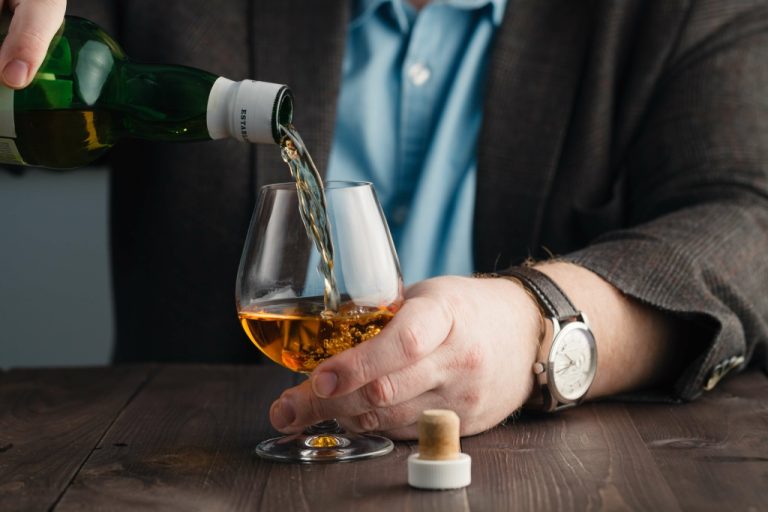In leaving addiction behind, most people have to restructure their everyday life, from what they think about and who they spend time with and where, to how they use their time, to developing and pursuing new goals. The shifts in thinking and behavior are critical because they lay the groundwork for changes in brain circuity that gradually help restore self-control and restore the capacity to respond to normal rewards. Many people believe that they are https://adento.ru/573-preddiabet-mozhno-pobedit-sbrosiv-vsego-10-ot-massy-tela.html powerless to change their own addictive behavior, and often it is a belief that keeps people addicted. The evidence shows that every day, people choose to recover from addiction on their own. One way or another, they learn and deploy a set of skills that help them get through the strong cravings and urges of the difficult early stages of recovery. Some of the most helpful strategies for dealing with cravings are summarized in the acronym DEADS.

In Verse 63, Tao Te Ching states, “accomplish the great task by a series of small acts.” Big successes rarely occur all at once. Successful recovery is built similarly—by staying clean one day at a time, many people are able to accumulate many years in recovery. Tragically, in the media and mainstream society we hear much more about the dramatic and fiery wreckage of active addiction and relapse than we do about quiet, inspired, and inspiring https://gigabars.ru/search.html?search_user=onek stories of long-term recovery. Hogue’s HEAL-funded research aims to create tools for providers, youth, and their families to find lasting recovery by targeting three concrete principles. First is developing family-involvement protocols for providers to learn how to bring families into the picture; second is defining metrics to measure success; and third is creating user-friendly remote services for use by individuals and family members.
A full spectrum of support
Nevertheless, many treatment programs, including Alcoholics Anonymous, require a commitment to complete abstinence as a condition of admission. Addiction is a chronic, progressive, and potentially fatal disorder—like other chronic, life-threatening conditions, such as diabetes, asthma, and heart disease. However, https://www.advicepsychic.net/?attachment_id=3090 it can be treated and managed successfully through the process of recovery. Recovery allows those with addiction to live long, full, and healthy lives. I should know, having been an addiction treatment professional for over two decades and a person in long-term addiction recovery (16+ years currently).
Recovery from addiction is a developmental learning process, and people often stumble as they progress along a new and unfamiliar path. The processes of neural plasticity and neural toxicity that deeply entrench the behaviors of substance use in the brain can make those behaviors difficult to change. Nevertheless, data bear out that most people who meet the clinical criteria for an alcohol or other drug use disorder achieve full recovery.
